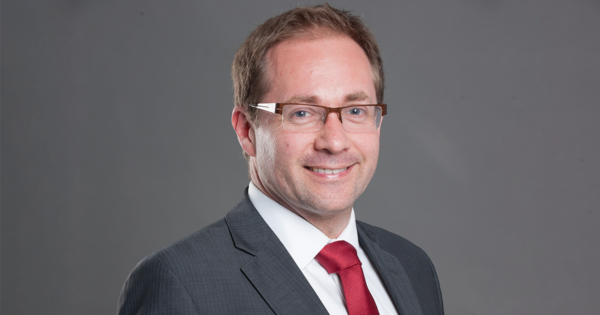FAAA canvasses 2-year PY non-compete

The Financial Advice Association of Australia (FAAA) is generally against the imposition of non-compete clauses on financial advisers except in the case of those undertaking a professional year.
In the case of the professional year, the FAAA believes there is justification for a not just a non-compete clause but also a two year tie-up.
Responding to Treasury’s consultation around reforming non-compete clauses and other restraints on workers, the FAAA also referenced “sensible client non-solicitation clauses that reflect the explicit business value of financial advice client relationships”.
But it was on professional year participants that the FAAA was most specific noting the investment financial advice firms had to make in underwriting professional year candidates and the requirement for 1,600 hours of training, including 100 hours of structured training.
“During this year, the firm that employs the professional year candidate is limited in terms of their ability to utilise this person so there is a material investment involved in this exercise. This is an investment by the business in this person, to enable them to become a financial adviser and in the future generate income by working with clients,” it said.
“The professional year stage has become a bottleneck, as small businesses in particular are hesitant to invest in the appointment of these people, given the increased uncertainty that they will be poached after they conclude the training. Other businesses could easily offer them a pay increase to encourage them to move as a means of avoiding the cost of employing them during the professional year.
“In the context of the significant decline in financial adviser numbers since 2019, and the importance of rebuilding the profession, this has become an important issue.
“We believe that in this case, there is a justified case for enabling these employers to apply a noncompete clause for a certain period after the new financial adviser completes the professional year. This could be a clause to prevent them working for a competitor in the same broad area for a period of up to 2 years,” the FAAA said.
On client non-solicitation, the FAAA pointed out the degree to which adviser/client relations are a key determinant in the value of an advice business.
“Advice businesses, or books of clients, can be sold and generally will be valued on the basis of a multiple of the ongoing client income. This creates the concept of client ownership and the incentive to protect these relationships,” it said.
“As financial advice businesses grow, they may employ newer financial advisers to service the clients. Some larger business may employ a number of advisers and allocate clients to these advisers, with different advisers servicing clients over time. Whilst the business will retain ownership of that client relationship, it is the employee adviser who will service them and have regular contact with them. The employment agreements with these employed advisers will generally include client non-solicitation clauses to prevent them from recruiting their former clients, should they leave the business, and either set up their own business or move to another business.”
It is important to clarify that under the Corporations Act, clients have a right to terminate their ongoing fee arrangement at any time and can choose to move to another financial adviser if they wish to do so. These non-solicitation clauses will only serve to prevent their former adviser trying to solicit them to go to an alternative business,” the FAAA submission said.
“The FAAA believes that the retention of these client non-solicitation clauses is essential to preserve the value of these financial advice businesses.
“For an employed adviser who, as their career progresses, decides to establish their own financial advice business, they have the option of starting from scratch and building a client book, or to purchase a book of clients, potentially from an older adviser who has decided to exit the financial advice profession,” it said.











Clearly nothing has changed since I entered the Money Business over 44 years ago...'advisers' still can't see that if they're…
Let's say that I am a super trustee that owns a commercial office building. I outsource the cleaning and maintenance…
Listening to the SMC is like listening to Ronald McDonald providing an opinion regarding nutrition.
Although this is old hat, just a reminder that this was yet another Canberra failure.
Isn't this really old news ? We knew this years ago ?